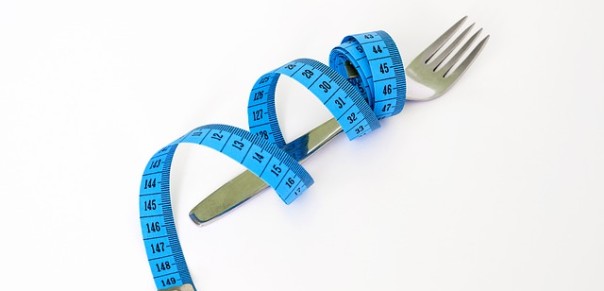I was engaged in a debate recently with someone who feels that “fat shaming” is an acceptable motivational strategy to push overweight and obese people towards weight loss. Their theory was that if one humiliates someone enough that it will make it too painful for them not to drastically change their lifestyle and achieve a healthy body weight. That is absolute bullshit. Fat shaming (or skinny shaming, for that matter) is never ok or justified. Ever. In fact, fat shaming is downright toxic.
Over the near-decade that I have been in the nutrition and weight loss industry, I have worked with hundreds of clients to help them lose weight, gain energy and live healthier lifestyles. Each and every one of them is a wonderful, worthy person working hard to make positive changes in their lives and I couldn’t be more proud of them. I think that many people forget the fact that excess weight is just stored energy. That is all. It doesn’t signify anything about who a person is and certainly doesn’t give someone the right to attempt to dehumanize and humiliate themselves or someone else.

Image: Pixabay
More often than not, those who are struggling with their weight are already ashamed, do not love themselves and struggle to try to value themselves enough to make the positive lifestyle changes to lose weight and get healthy. Not only is it not even remotely helpful, but in most cases “fat shaming” actually makes the situation worse. This applies whether the shame is coming from another person, or worse still from ourselves.
It isn’t only about sedentary lifestyles, processed food, fast food, sugary drinks and chemicals like MSG, aspartame and high fructose corn syrup that blunt satiety signals and trigger us to keep eating, although these factors are a big part of the metabolic side of the problem. But beliefs, emotions and mindset are just as important when working towards a permanent positive change. Positive, healthy changes come from within from a place of love and worthiness. Whether you choose to believe me right now or not, please know that you deserve to be healthy, happy and loved, no exceptions. Your innate worthiness is not contingent on the number on a scale or on a clothing tag.
“Shame corrodes the very part of us the believes we are capable of change.” – Dr. Brené Brown, from her book I Thought it Was Just Me: Women Reclaiming Power and Courage in a Culture of Shame
In my experience, there is almost always a deep emotional trigger as to why people overeat to the point of obesity and beyond. The stories I hear from clients on a daily basis would break even the coldest of hearts. Truly people have been coping the best way that they know how to up until that point. Does that mean than healthier coping strategies, label reading, habits, and skills cannot be taught and implemented to create a healthy lifestyle and lose weight? Of course not. They absolutely can and should be taught and implemented with a team of caring and supportive professionals that can guide one through the process. But is it an issue of laziness, gluttony and a lack of motivation? Absolutely not.
The solution is love, support, and education; not shame, blame, and degradation.
Have you ever been “fat-shamed” or “skinny-shamed”? How did it make you feel and what effect did it have on your thoughts, habits, and weight? Let us know how weight shaming has impacted your life in the comments below, and on Facebook and Twitter.
—
Love what you are reading? Stay in the loop and never miss a recipe; get the FREE Nutritionista ezine for free expert tips, success strategies, delicious healthy recipes and VIP offers and receive Erin’s exclusive guide of the Top Ten Foods to Banish From Your Kitchen ($24.99 value) absolutely free! Get ready to nourish yourself sexy!
© 2014 Nutritionista. Erin Luyendyk, RHN. All rights reserved.
All material found on www.thenutritionista.ca is intended as general educational material only and should not be considered medical or nutritional advice. It is not intended to diagnose, treat, or cure any medical condition and has not been evaluated by the FDA. Please consult with your personal physician before implementing any health, nutrition, supplement or exercise program to ensure its safety and suitability for your specific individual situation


